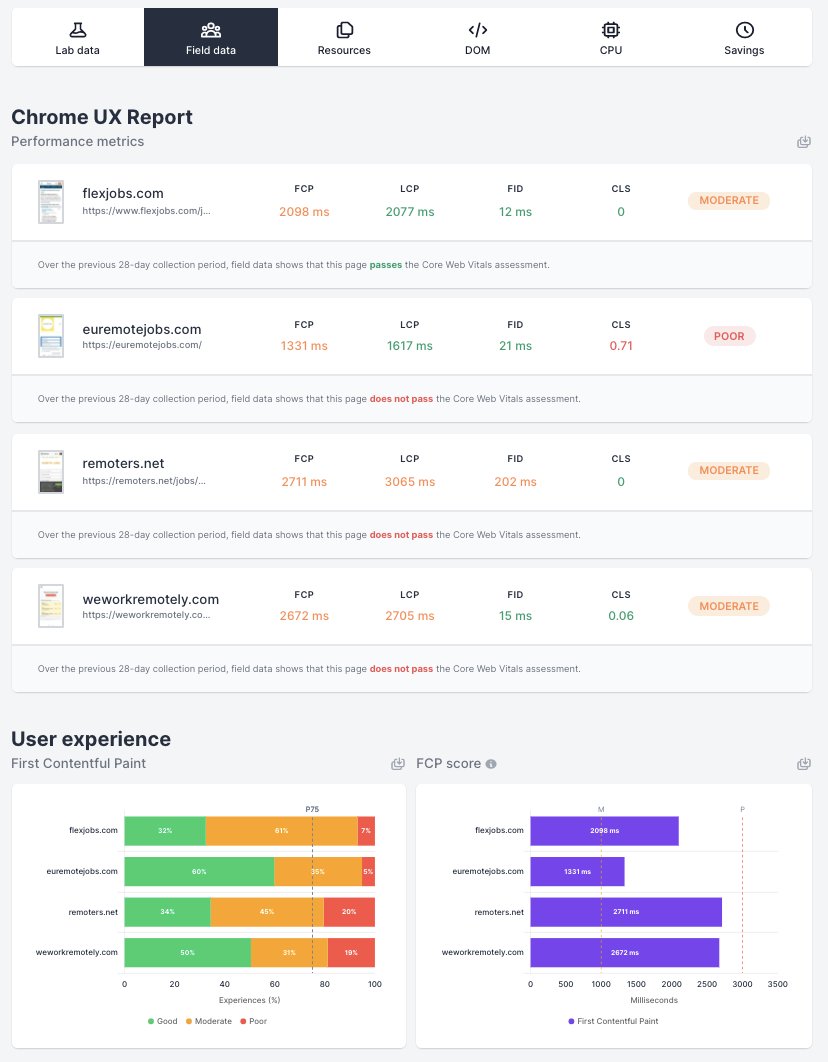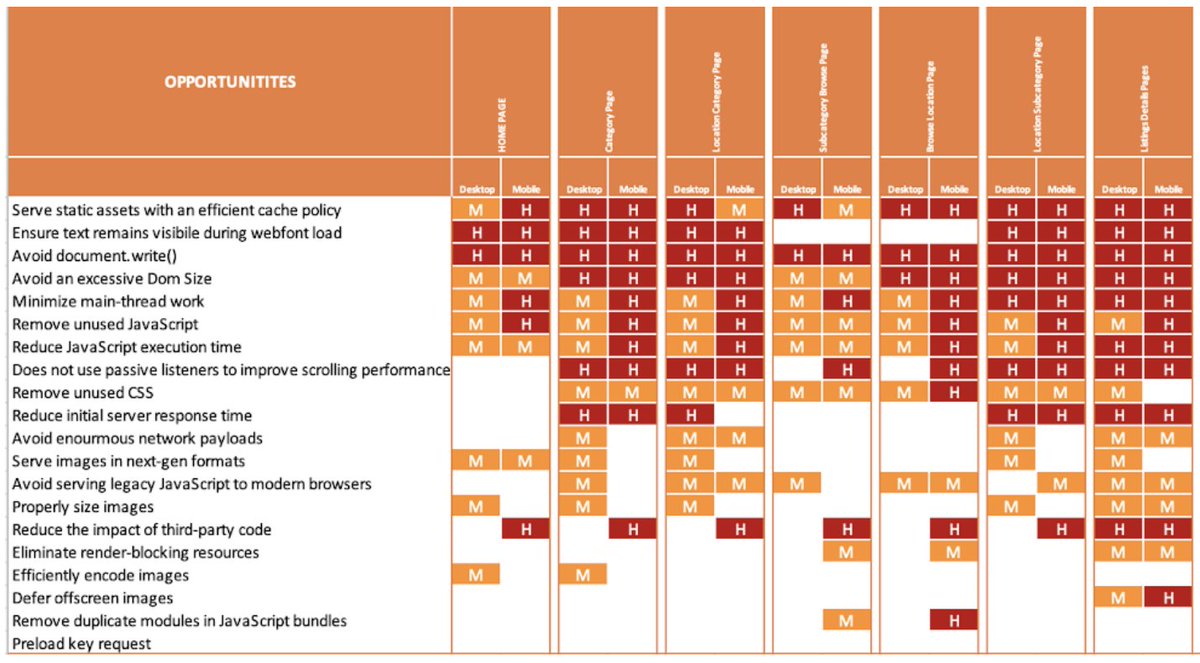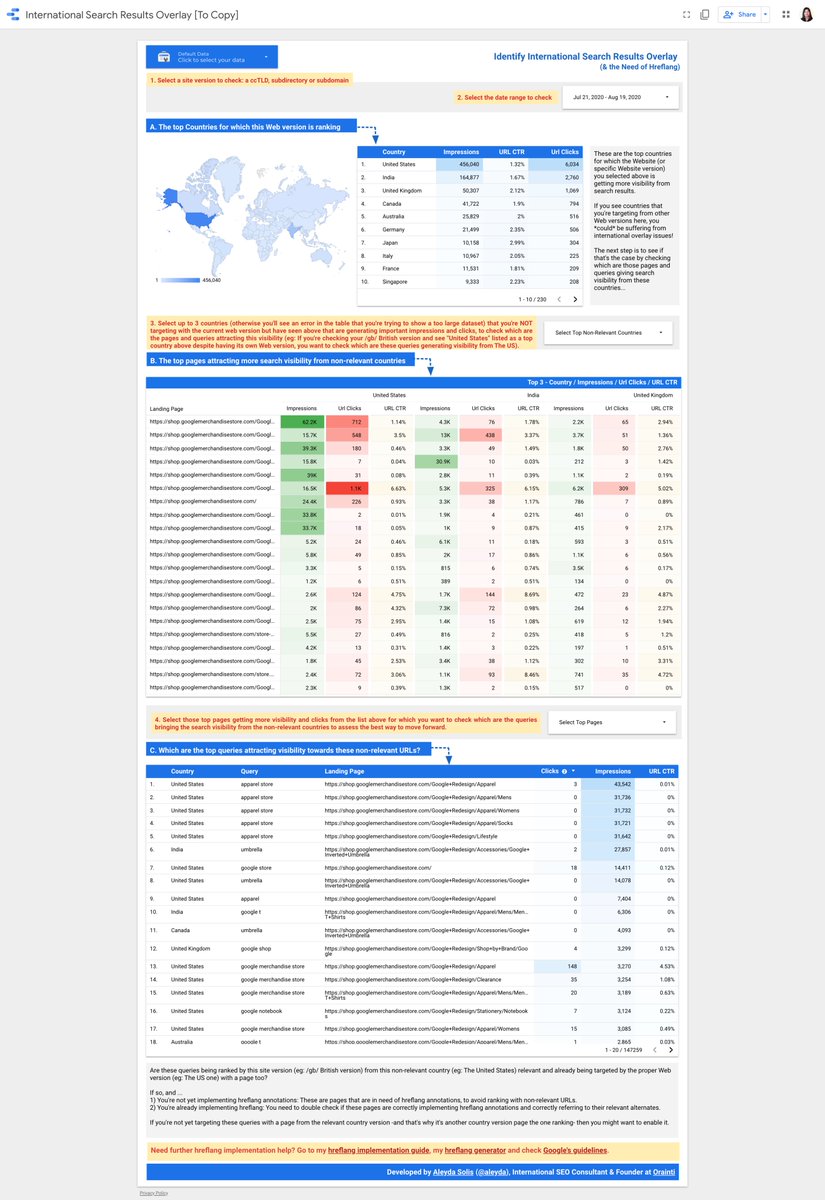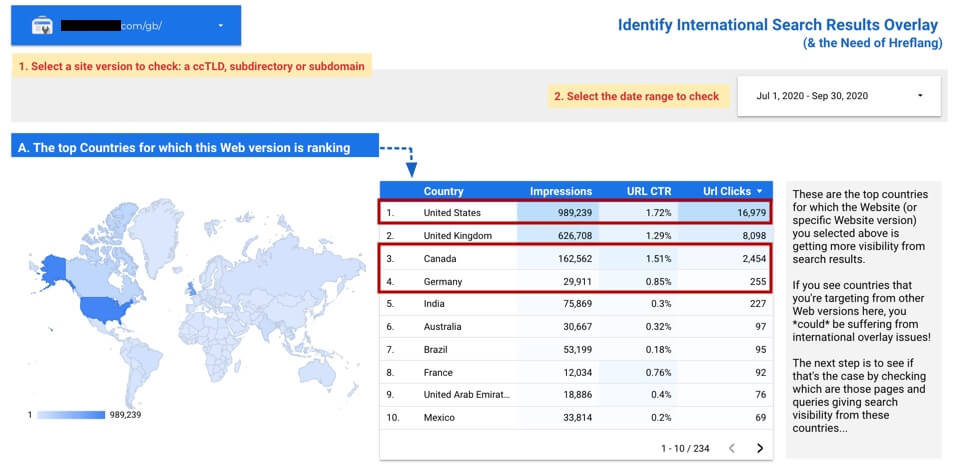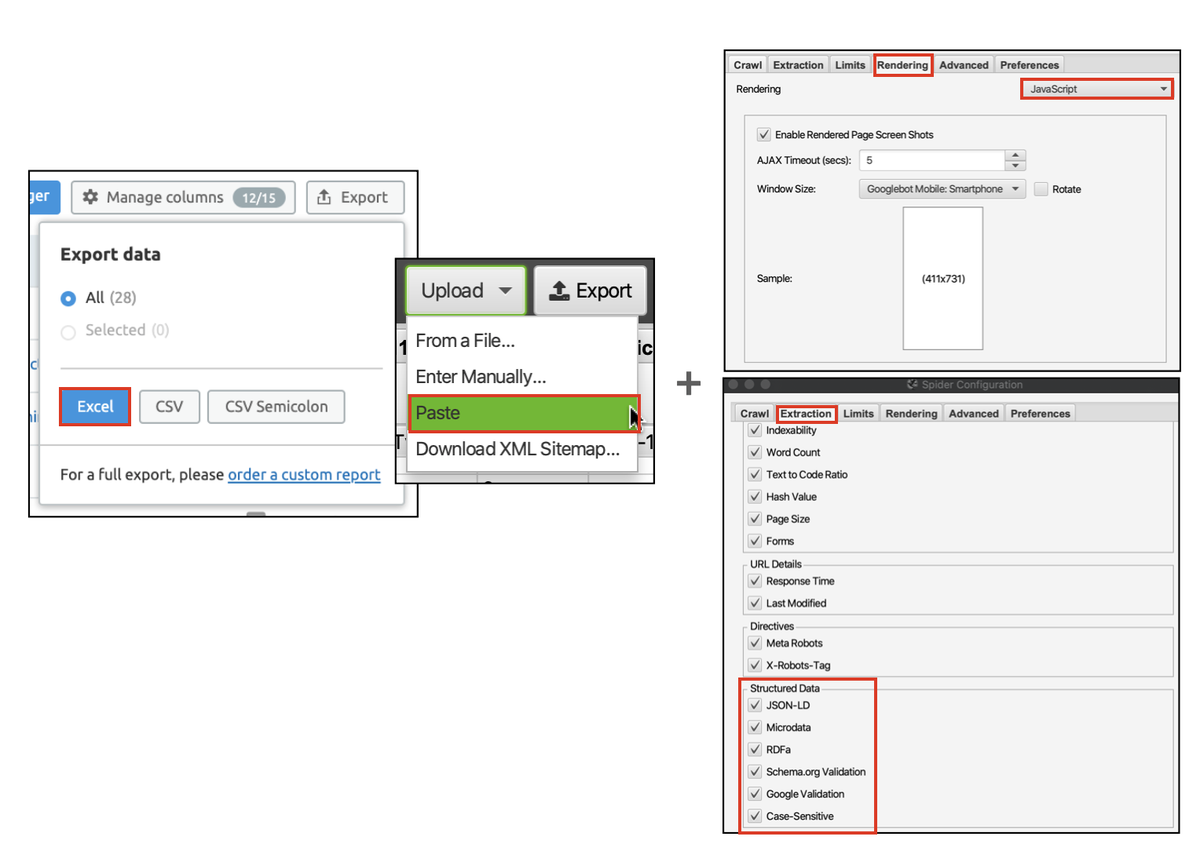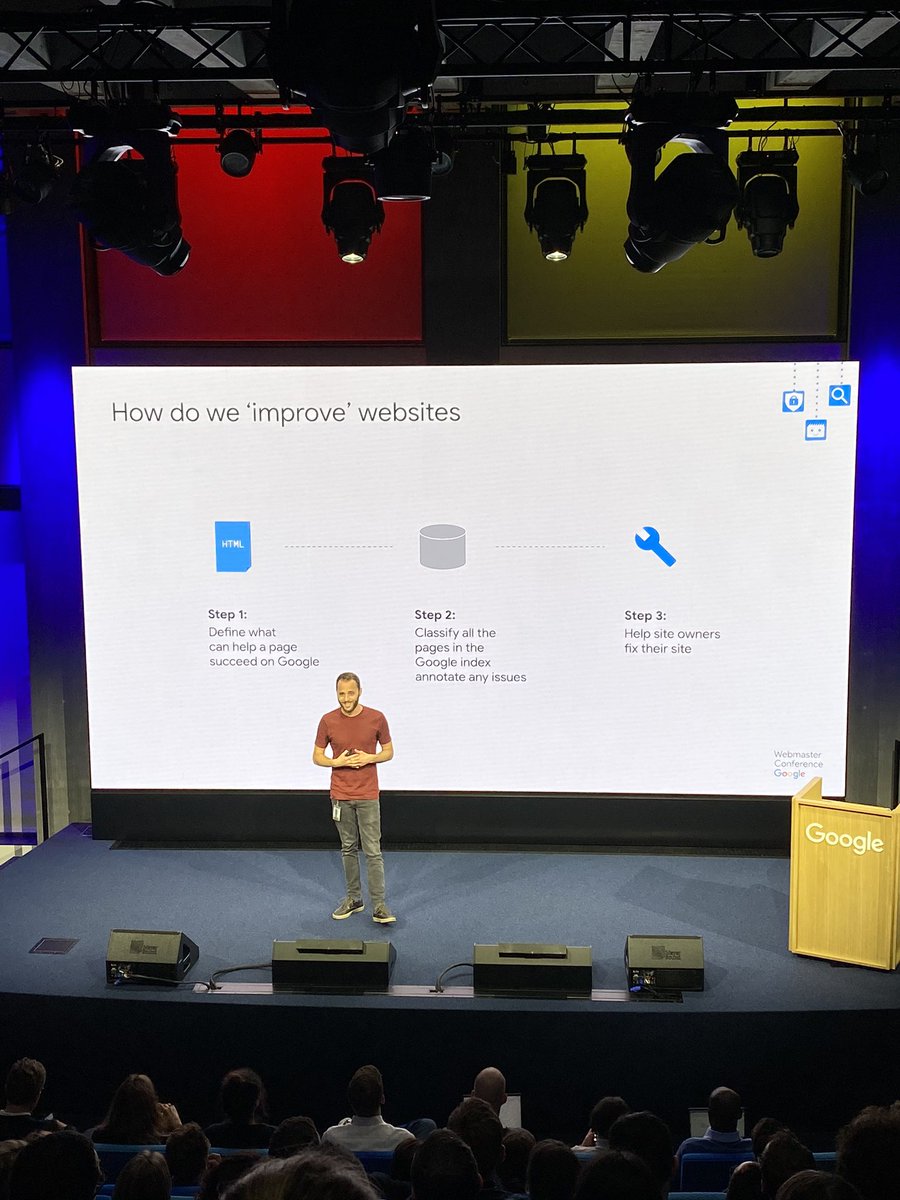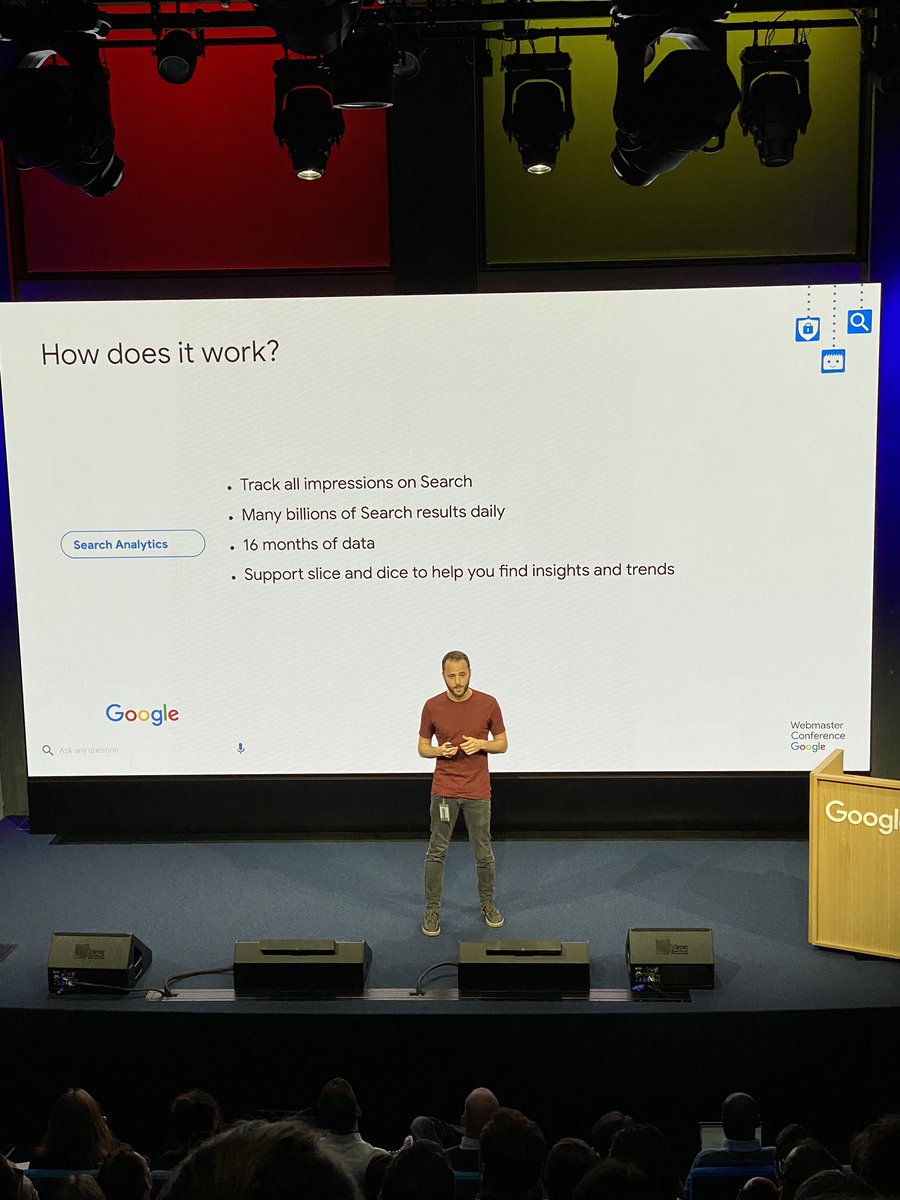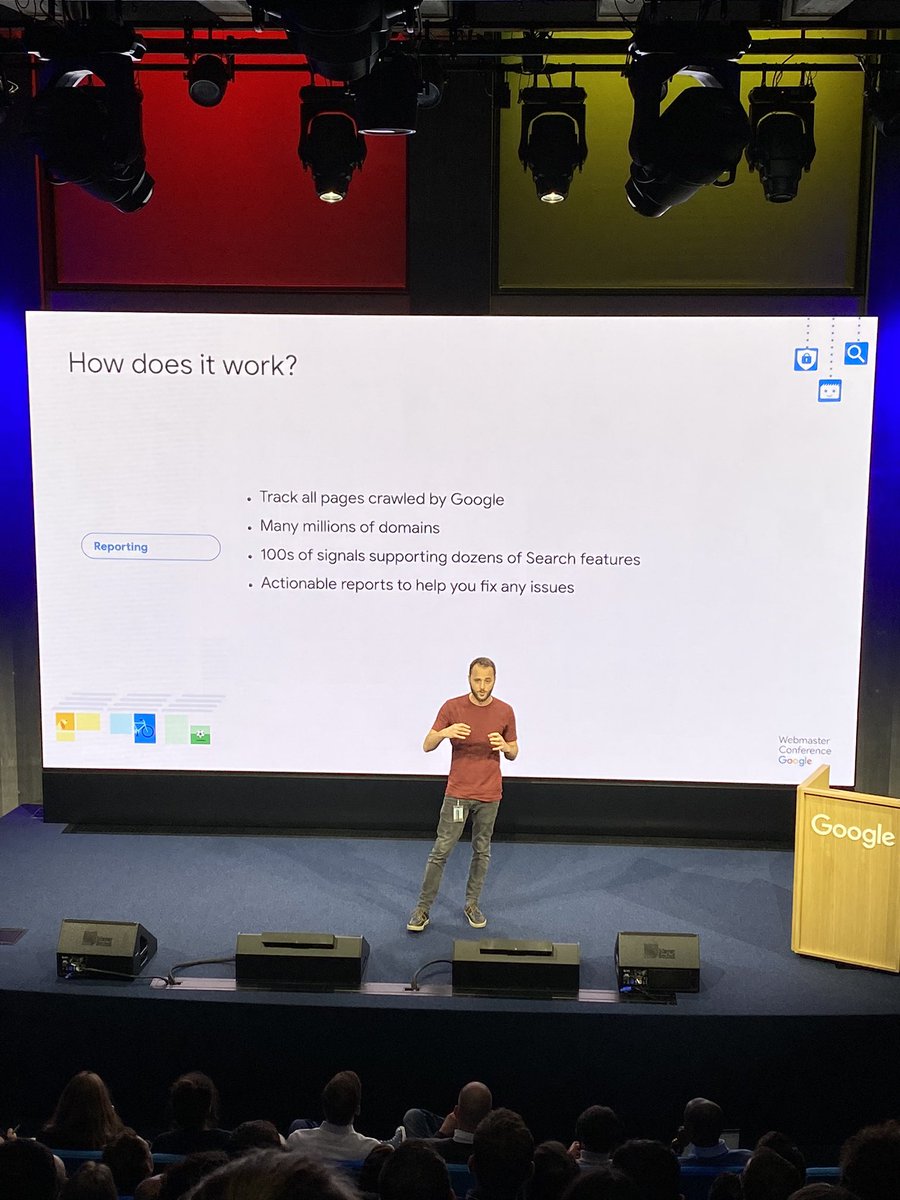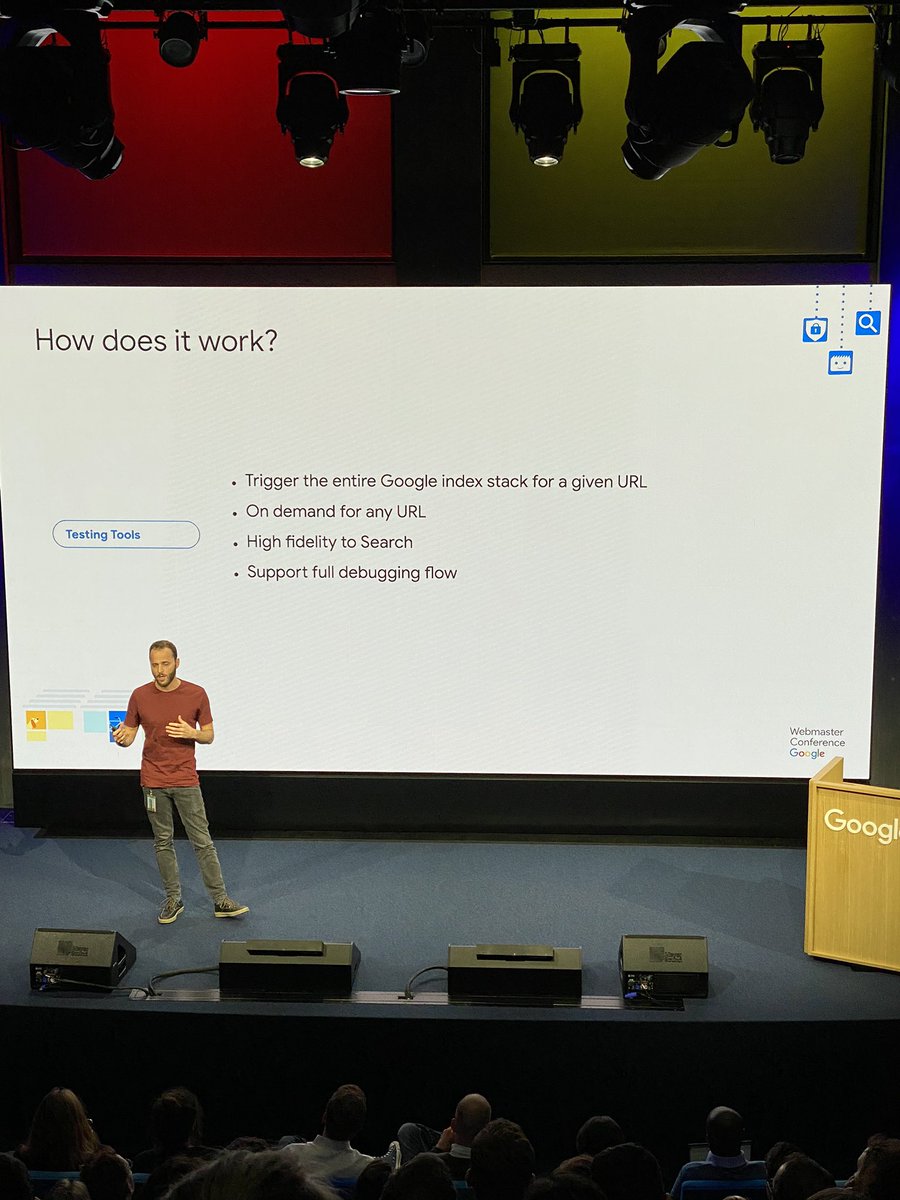
SEO project management/coordination/communication challenges can break an otherwise meant to be successful process 🤷🏻♀️ A few tips to avoid this:
1. Establish & make sure all involved understand the "WHY" (Main Purpose) of the process: What you're ultimately looking to achieve
1. Establish & make sure all involved understand the "WHY" (Main Purpose) of the process: What you're ultimately looking to achieve
... this will allow you to easily prioritize (and re-prioritize when needed) activities, eliminate noise, and easily put in context any challenges and issues that arise in the process: Doest *THIS* help to achieve (or not) the WHY? Tackle accordingly.
...
...
2. Define and document agreed minimum requirements for the process success* (establish what success will look like too!):
Eg: To implement N priority actions per month with Y% of SEO specifications effectively in place.
Make sure to allocate resources/times accordingly.
...
Eg: To implement N priority actions per month with Y% of SEO specifications effectively in place.
Make sure to allocate resources/times accordingly.
...
... what? is it not possible to allocate the minimum resources/times? Communicate to change the expectations based, and ideally, also the situation to make it happen.
You can't communicate this if it hasn't been set though.
...
You can't communicate this if it hasn't been set though.
...
.... 3. Establish clear roles for anybody involved: Who's in charge of what in the project? Who's the highest level decision maker? Who should implement? Who should test before and after the release? Who's the ultimate responsible person to give the ok before a launch?
...
...
...4. Establish quality standards to follow in the activities/efforts in the project, creating a checklist to be used to validate that the expected functionalities are achieved without errors, not only during their implementation and launch, but also at an on-going basis.
...
...
... establish too what the minimum expected quality looks like and what would be a blocker for a launch if it's not achieved.
6. Create not only a risk avoidance but also a response plan: What are the steps to follow if something goes wrong? Steps to identify as quick quickly..
6. Create not only a risk avoidance but also a response plan: What are the steps to follow if something goes wrong? Steps to identify as quick quickly..
... and to reverse the "error" as soon as possible to minimize the damage.
7. Establish clear communication protocols:
*When you will communicate, how often, with whom and through which medium based on the type of activity, criticality and urgency.
...
7. Establish clear communication protocols:
*When you will communicate, how often, with whom and through which medium based on the type of activity, criticality and urgency.
...
If you found this useful, watch the latest @CrawlingMondays about SEO Project Management for Agencies:
https://twitter.com/CrawlingMondays/status/1366498348090408962with the wonderful @mira_inam and @thetafferboy where they also share lots of advice and tips!
• • •
Missing some Tweet in this thread? You can try to
force a refresh


